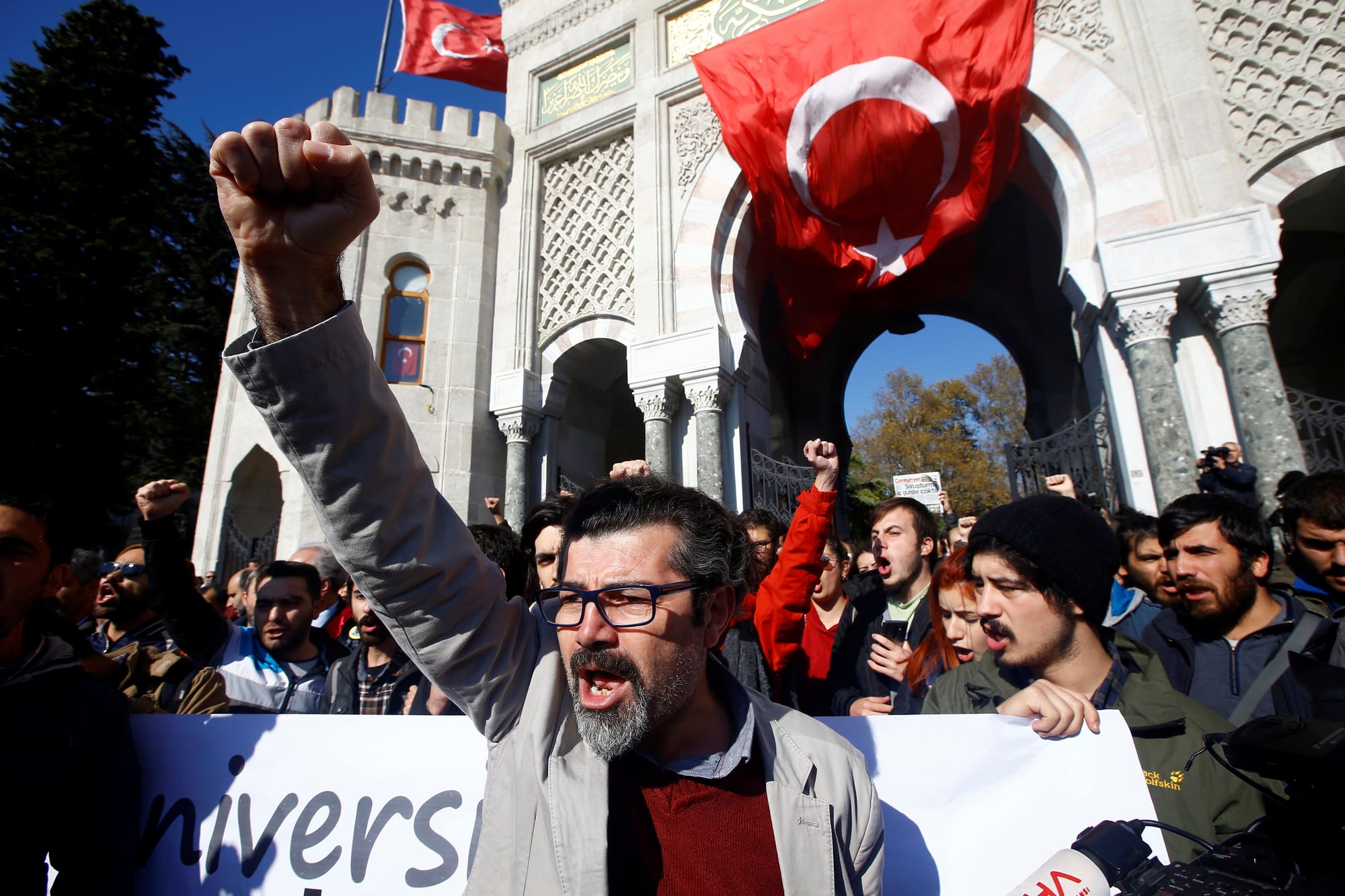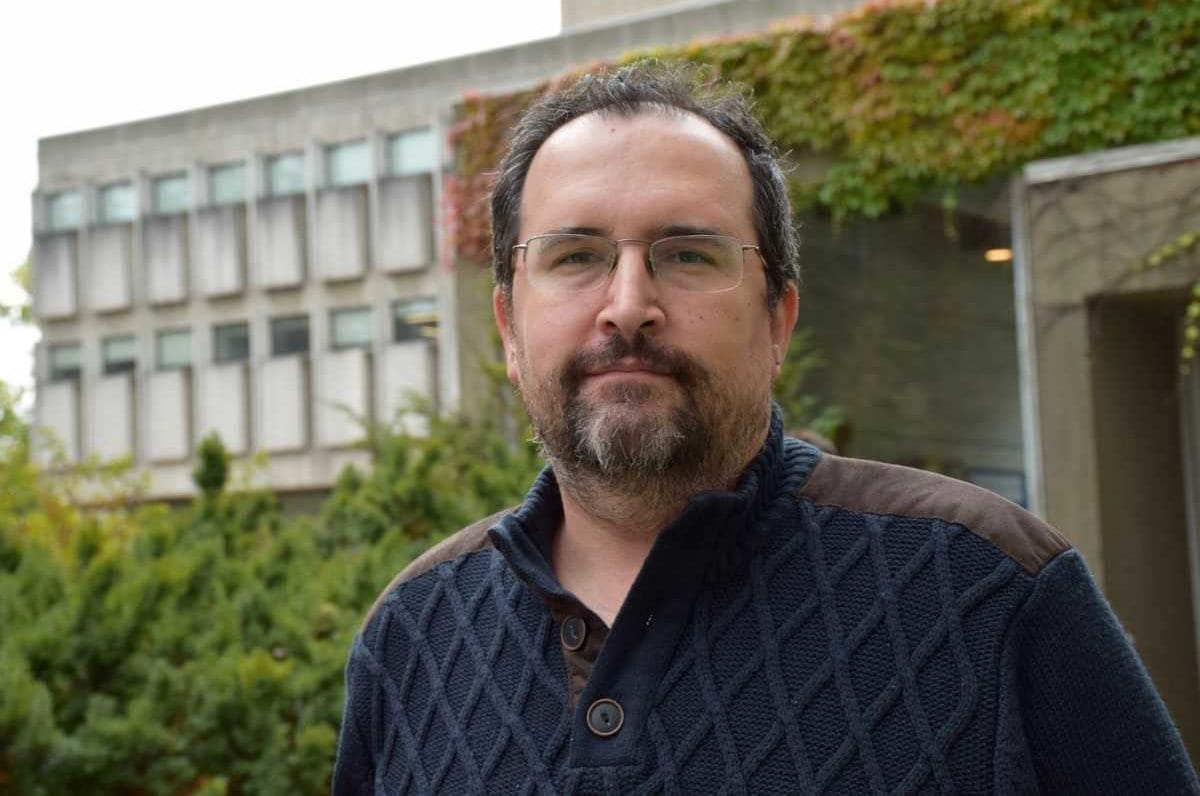Intellectual Traditions and the Academy in Turkey — An Interview with Evren Altınkaş
MERIP editors interview Evren Altınkaş, a Turkish scholar who was pushed out of his academic position by his university’s administration as a consequence of participating in the Gezi Park protests of 2013. Altınkaş discusses his work on the intellectual tradition in Turkey, the role of the ruling AK












